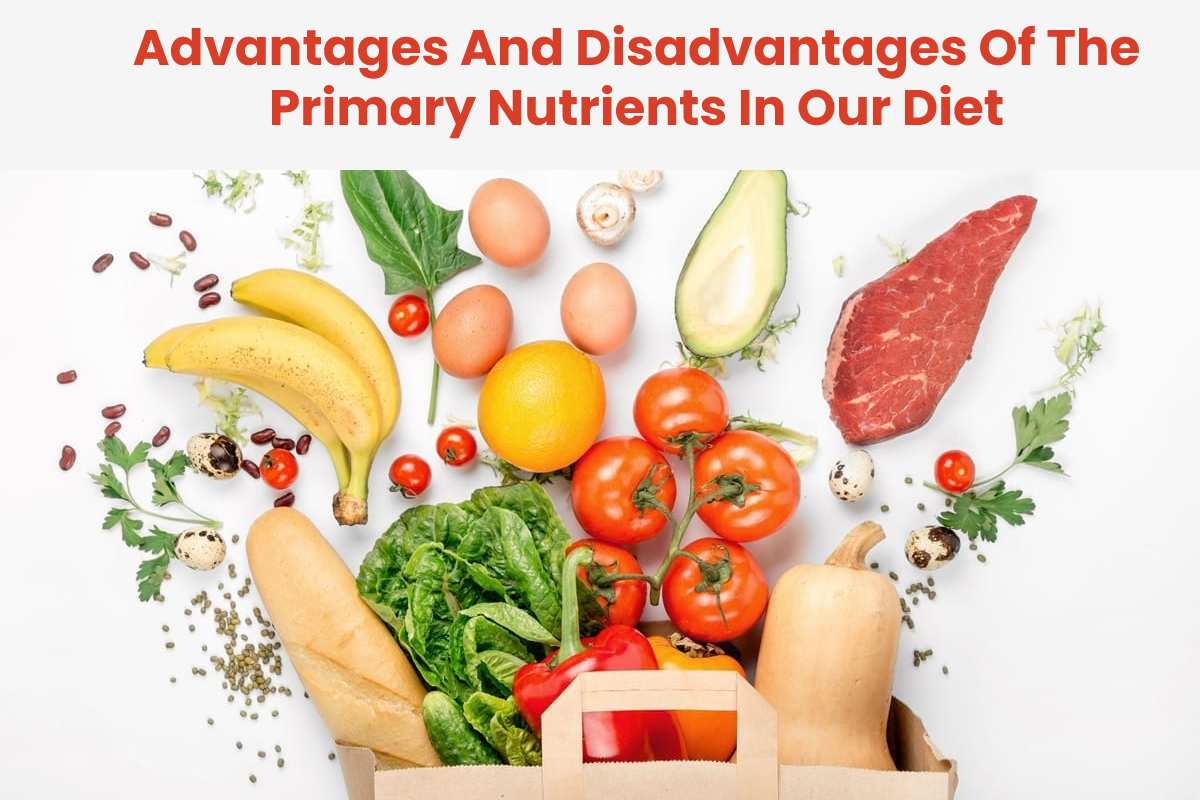Primary Nutrients – More and more consumers, before buying a product, review the content of its label. Some flee from fats, salt, or carbohydrates or those who seek a high protein content. But do we know what they are? What are they for, and the advantages and disadvantages of each of these nutrients? Today we want to delve into it and help you discover what the labelling of each product “hides.”
Table of Contents
The fats
They are indeed the most reviled and feared nutrient. Still, fats, like proteins and carbohydrates, supply energy to our body and should never be lacking in our diet since they are vital for our physical activity and fundamental for the correct functioning of our metabolism. For example, our body would not absorb vitamins such as A, D, E, or K without them.
It is essential to distinguish between saturated and unsaturated fats. Primary Nutrients – The latter comes from vegetables and helps reduce inflammation, stabilize the heartbeat and reduce the so-called bad cholesterol LDL, which increases the risk of cardiovascular diseases. Polyunsaturated fats, found in salmon, tuna, or walnuts, contain omega-3 fatty acids, which help lower LDL and triglycerides. Benefits that also contain vegetable oils such as sunflower, olive, or peanut.
On the negative side of fats, we find saturated and trans fats. They are solid at room temperature and remain found in foods of animal origin, such as meat, butter, or cheese. These fats raise LDL levels and total cholesterol. Additionally, trans fats, made through a hydrogenation process, raise LDL and lower HDL or good cholesterol. Ideally, saturated fat should not exceed 10% of your total intake, and that you eliminate the consumption of trans fat.
Proteins – Primary Nutrients
Among its advantages ability to provide energy through fat burning is found. Its consumption also generates more satiety than any other food, which helps you eat less. But, fundamentally, proteins help us have stronger muscles and reduce carbohydrates consumption, especially for people with diabetes. But, contrary to what many believe, not all are advantages. They are the “gasoline” of our muscles and therefore essential whether you want to gain muscle mass or if you want to reduce your percentage of body fat.
High protein content, even more so when carbohydrate consumption stays decreased drastically, can lead to metabolic disorders such as ketosis. In addition, a high intake of animal protein is related to the appearance of cancer or other less critical pathologies such as constipation.
Carbohydrates – Primary Nutrients
Carbohydrates are the energy for our cells and help your body to metabolize fats. Without them, you can experience fatigue, physical and mental, nausea, headache, and irritability, but too much of them can damage your health. Consuming carbohydrates causes an increase in insulin. It stays transformed into energy in sugar, but what we do not finish daily is converted into fat that accumulates mainly in the abdomen. In addition, stimulating the increase in insulin lowers sugar levels and increases our hunger and the need to consume carbohydrates. This vicious cycle can lead to diabetes, obesity, increased triglycerides, or cardiovascular problems.
The salt
It is another of those recognized as great enemies of our health, but small amounts of salt can also be beneficial. For example, it improves the preservation of food, prevents the growth of bacteria, enhances flavour, stimulates appetite, promotes digestion, and provides the sodium necessary for the proper functioning of our metabolism.
But, without a doubt, its drawbacks are not few: it retains fluids, causing high blood pressure and cardiovascular problems; decreases the sensitivity of the taste buds; favours the loss of calcium and therefore osteoporosis; It can cause gastric disorders and is incompatible with people with heart, kidney or liver disease.
In summary, all nutrients are necessary for our body to work correctly, but it is required to make a balanced diet that combines each nutrient properly. It is also essential that you include another vital “ingredient” for your body in your daily routine every day: exercise.

